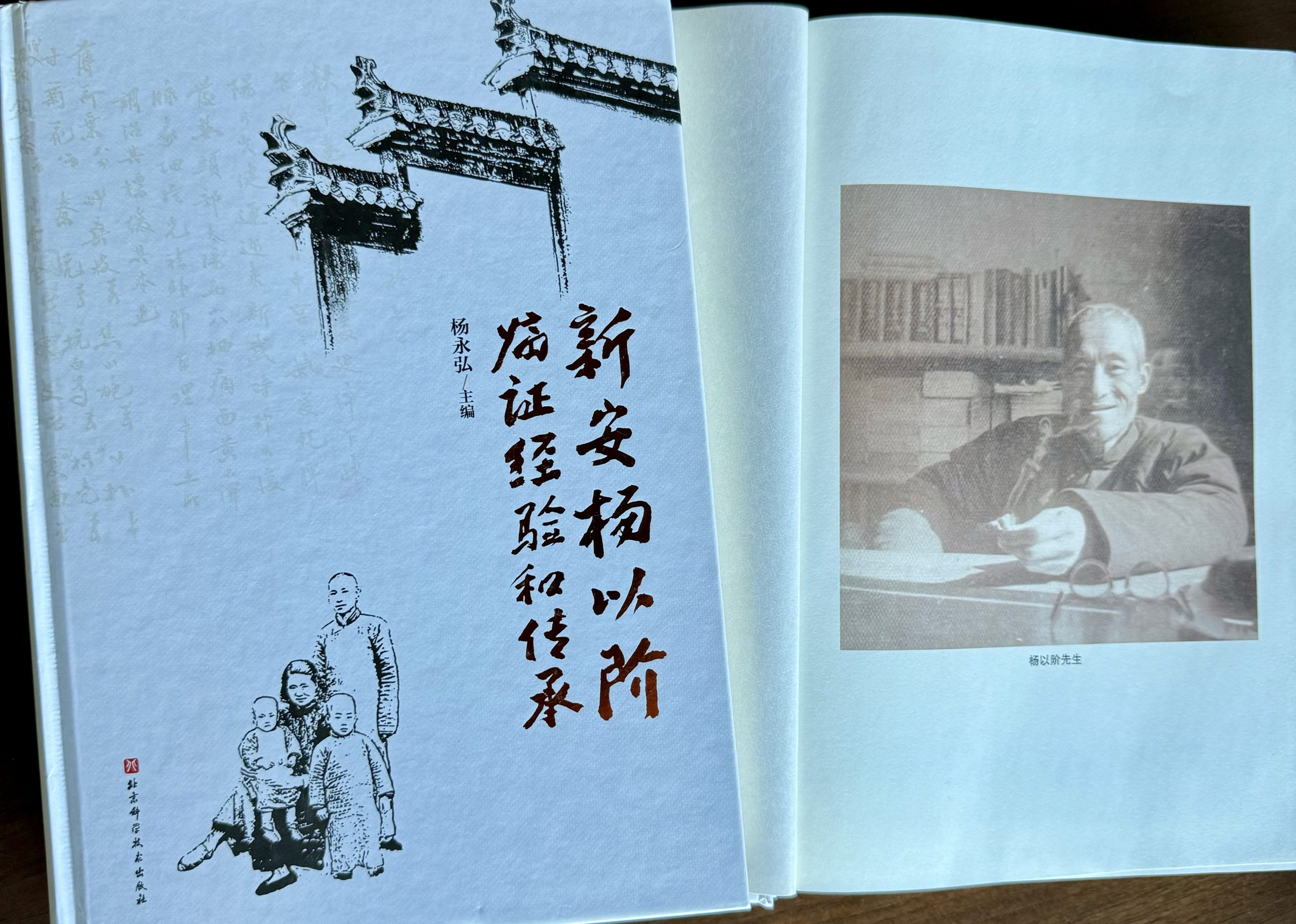In a county town with a history of around 2,000 years, nestled in the southern part of Anhui Province in China, the ancient art of Chinese medicine flourished. Yang Yonghong, a devoted son, sought to immortalize his father’s rich heritage and experiences as a distinguished Chinese medicine doctor from the esteemed Xinan Medicine, a traditional Chinese medicine school in China.
Xinan Medicine, renowned for its holistic approach and emphasis on balance, has been a beacon of healing for centuries. Its origins trace back to the ancient texts and teachings of traditional Chinese medicine, incorporating the wisdom of legendary practitioners. Yang’s father, Dr. Yang Yijie, stood as a luminary in the lineage of Xinan, dedicated to preserving and evolving this time-honored practice.
Xinan Medicine has a long history dating back several centuries. It is one of the many regional schools of traditional Chinese medicine, each of which has its own traditions, theories, and practices.
Xinan Medicine is characterized by its distinctive theories and treatment methods. It places emphasis on the concept of “diagnosis and treatment based on the whole,” which means that practitioners consider a patient’s physical, psychological, and social factors when diagnosing and treating illnesses.
Yang Yonghong’s book, a poignant tribute to his father’s legacy, delved into the intricate tapestry of Xinan’s teachings. The school embraced a philosophy that viewed the body as an interconnected system, where the balance of Yin and Yang, Qi and blood, played a vital role in maintaining health.
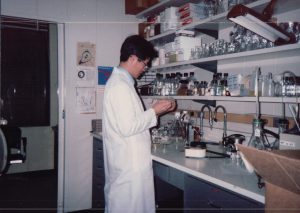
The narrative unfolded through the lens of apprenticeship, a time-honored tradition within Chinese medicine. Dr. Yang Yijie, like his forebears, had passed down his knowledge to a select group of apprentices. The process was not just about acquiring technical skills but absorbing the essence of healing, understanding the intricate dance between nature and the human body.
“My father Yang Yijie is the 14th generation, and I am the 15th generation,” said Yang, who has been praised by Stanley A Plotkin, Professor Emeritus of Pediatrics at University of Pennsylvania, as a well-known specialist in pediatric infectious diseases with an international reputation.
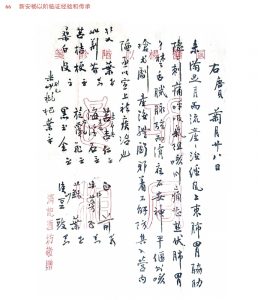
“It has been about 400 years since the first generation of the Yang family started the practice of Chinese medicine in the village, and then to the surrounding areas and to the county. My father Yang Yijie first practiced his Chinese medicine in the village, then to the county town of Shexian, and then to Hefei, capital of Anhui Province because of his skill and influence in Chinese medicine,” said Yang.
Yang Yonghong learned Chinese medicine from his father after graduation from the university and his father would check his prescription and made some changes on his prescription.
“That is the way Chinese medicine was passed down in the old days,” said Yang.
But his father helped the province to start a Chinese Medicine Institute to train more young people to become doctors of Chinese medicine.
“That was the first school of high education to train students to learn Chinese medicine in the province,” said Yang. That is the way Chinese medicine education was transformed from the old apprenticeship to school education.
Yang Yonghong’s book illuminated the intimate moments of mentorship, capturing the essence of his father’s teachings. The apprentices, with their meticulous note-taking and dedicated practice, symbolized the continuation of a healing lineage. Stories of long hours spent at the clinic, watching his father decipher the secrets of pulses and craft personalized herbal remedies, painted a vivid picture of the profound connection between master and apprentice.
Yang Yonghong is the first group of graduate students in China after the Cultural Revolution in 1979, when China first opened its door to the outside world. He won his second degree of medicine at the Capital Medical University in Beijing in 1982 and Yang is also among the first group to have a chance to come to the United States to do research. He was a visiting fellow at Laboratory of Molecular Biology and Development at the U.S. National Institute of Health (NIH).
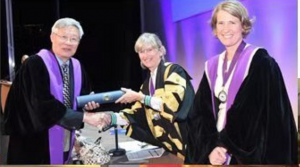
Yang has visited over 60 countries to have exchanging programs and published more than 500 papers in Chinese literature, over 160 in peer review English journals, including Lancet series. He received dozens of awards in his field of research and held positions such as president of the standing committee of Asian Society of Pediatric Infectious Diseases, member of scientific committee of World Society of Pediatric Infectious Diseases, etc.
However, after retirement, Yang wants to devote his time in the promotion of Chinese medicine, and the publishing of a book about his father’s heritage and experiences in Chinese medicine is part of his plan. He also plans to promote education in Chinese medicine to help train more doctors in the field.
As the narrative traversed the Pacific Ocean, the story ventured into the realms of the United States. Chinese medicine, once confined to the East, found a new home in the West. The journey was not without challenges, as traditional practices collided with Western skepticism. Yet, the resilience of Xinan’s principles and the effectiveness of its healing methods gradually garnered acceptance.
Yang Yonghong’s book served as a bridge between two worlds, demonstrating how the ancient wisdom of Xinan could complement modern healthcare practices. Through the tales of his father’s successful treatments and the gradual integration of Chinese medicine into mainstream healthcare, the narrative became a testament to the universality of healing.
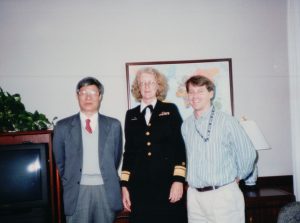
Chinese medicine, which includes practices like acupuncture, herbal medicine, and traditional Chinese medicine (TCM), has gained some acceptance in the United States and other parts of the world. However, its level of acceptance and the types of patients it can benefit can vary widely.
The National Institutes of Health (NIH) in the United States, where Yang Yonghong once worked as a visiting fellow, has funded and continues to fund research on Chinese medicine practices, particularly acupuncture. Some studies have explored the effectiveness of acupuncture for various conditions, such as chronic pain, nausea, and headaches. This indicates a growing interest in understanding the potential benefits of Chinese medicine within the U.S.
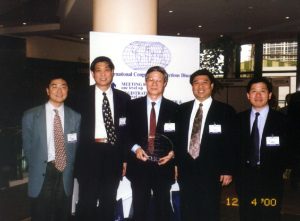
Chinese medicine has a long history and is widely accepted in many parts of the world, especially in East Asia. Traditional Chinese Medicine (TCM) is practiced in countries and regions like China, Japan, Korea and other countries. It is also gaining popularity in some Western countries, with acupuncture and herbal medicine being the most widely accepted modalities.
The book, entitled THE EXPERIENCES AND HERITAGE OF CLINICAL VERIFICATION CASES BY XINAN CHINESE MEDICINE DOCTOR YANG YIJIE, collected original prescriptions of Dr. Yang in the 1940s and 1970s.
Those prescriptions were applied in treating cold, bronchitis, pneumonia, asthma, Hilar lymph node tuberculosis, whooping cough, mumps, scarlet fever, chickenpox, acute hepatitis, malaria, summer heat, nephrotic syndrome, infant constipation, infantile spasms, etc.

